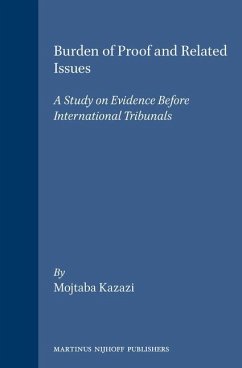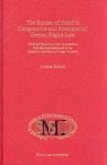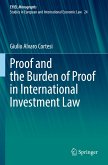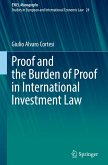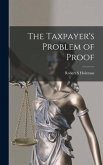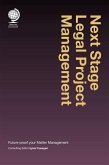This study on evidence before international tribunals, with an emphasis on the burden of proof, is one of the more important and interesting issues of evidence under both municipal and international law. The study is mainly based on documented cases and special attention is paid to the case law of the Iran-United States Claims Tribunal in the Hague. The study is divided into three parts. Part One presents the preliminary issues concerning the concept of the burden of proof and the burden of evidence, as well as the nature and scope of the burden of proof. Part Two discusses the main aspects of the burden of proof, identified by considering the fact that there are three main actors in each litigated case, viz. the claimant, the respondent and the judge or arbitrator. Different chapters are allocated to: the claimant's role in bearing the main task with respect to the burden of proof; general aspects of collaboration of parties in matters of evidence; and the authority and duties of international tribunals with respect to the burden of proof. Part Two ends with a chapter on the rules of the burden of proof and a discussion on whether or not there are any such rules that could be considered as principles of international law. Some related issues are discussed in Part Three. Among the items considered are presumptions and the effect that they may have on the burden of proof; practical aspects of the collaboration of parties; the issue of possible sanctions against non-production of evidence; and the question of the standard of proof to be applied in international proceedings and the discretion of international tribunals in that regard. The study ends with a concluding chapter. As noted by Professor Verhoeven in his foreword, the subtleties of evidence in international proceedings has not been systematically studied for a number of decades. The book will become a standard work of reference in the area. Audience: An invaluable tool for practitioners of international law and Government advisors as well as university professors and students of law. The long experience of the author as a judge in a civil law system, his intimate knowledge of the work of the Iran-United States Claims Tribunal in The Hague, and currently with the United Nations (Security Council) Compensation Commission for Claims against Iraq have made him eminently well equipped to address the subject competently, both from a theoretical and practical perspective.
Hinweis: Dieser Artikel kann nur an eine deutsche Lieferadresse ausgeliefert werden.
Hinweis: Dieser Artikel kann nur an eine deutsche Lieferadresse ausgeliefert werden.

